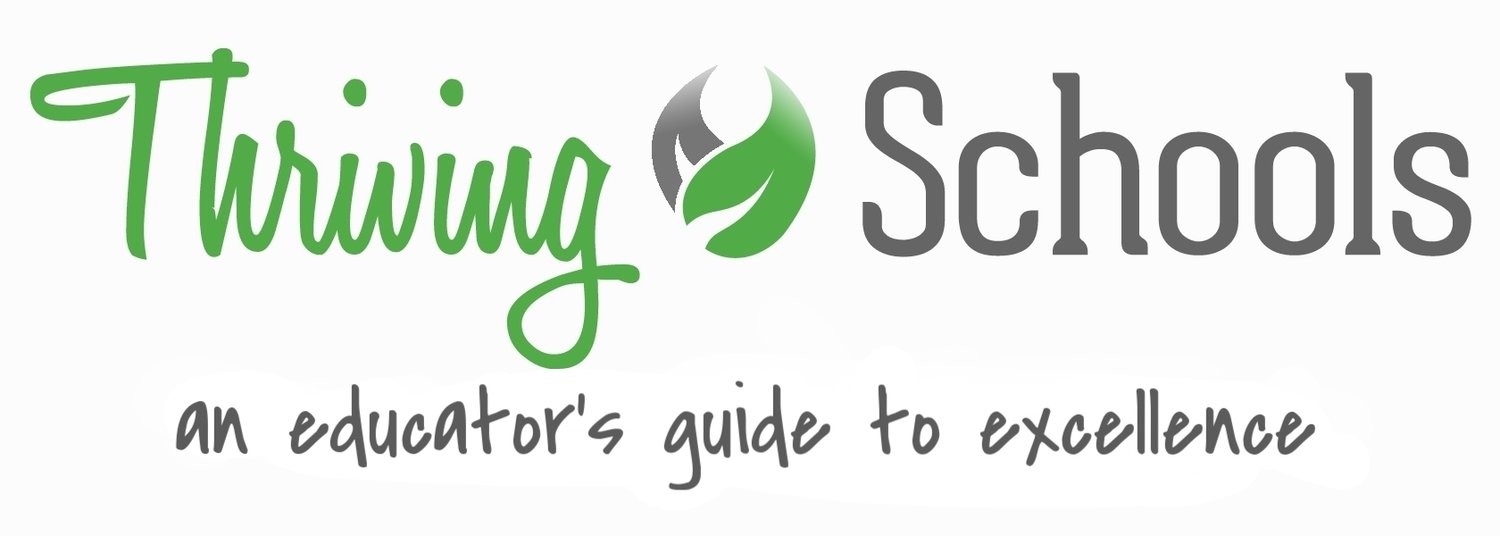A manifesto for computer science
/It’s impossible to know exactly what new jobs will exist in the future. Many of the high-paying careers that exist now weren’t around just 20 years ago. What is easier to figure out is that more and more of these positions will involve highly-specialized computing and programming skills. Thus, in order to give students a leg-up for the future they’ll inherit, we need to be thinking much more deeply about computer science. Sorry, but settling for typing skills is so 1990.
Where can we find an excellent vision for what computer science might look like for your students? Look no further than Republic Schools, a charter operator in Tennessee and Mississippi. It is clear from the discussion that follows that Republic has thought deeply about how the future will look and has concluded that bold action is required to make sure its students are at the front. Let’s explore Republic’s Manifesto in more detail.
Read More
